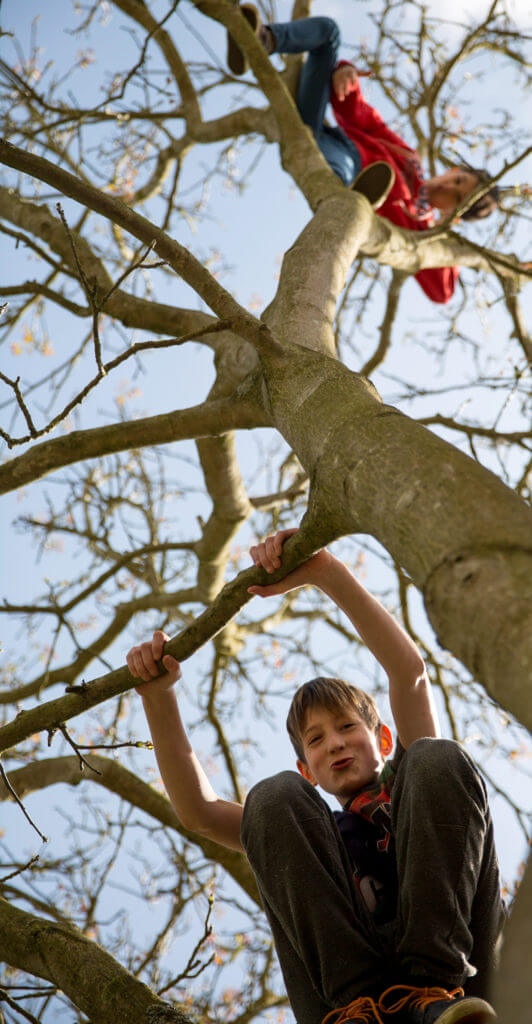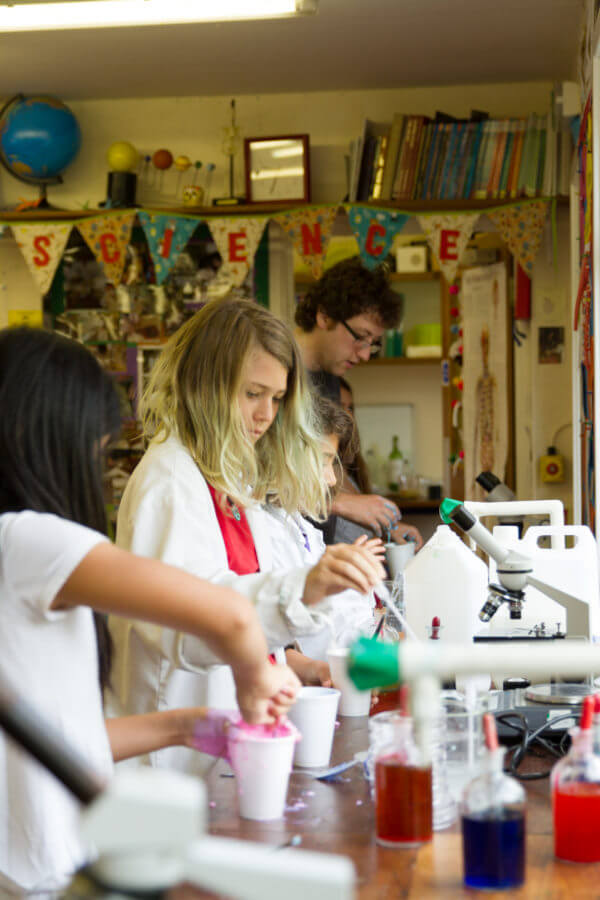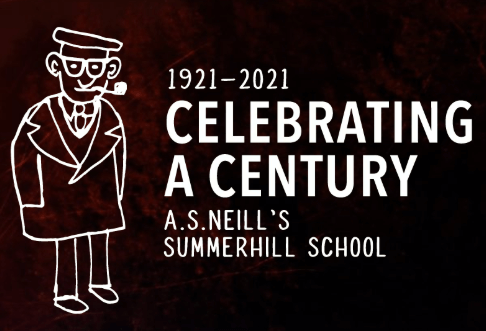A lot of things are emerging during this lock-down period that people had not really noticed before. Things about our lives, about ourselves, things about our friends and families too. Surely such recognition encourages us to look upon situations afresh and re-evaluate systems and principles which we have, at times, followed blindly for lack of an alternative.
Many parents, according to the media, are commenting on the way that their children have changed whilst out of the conventional schooling system that they are all so accustomed to. Reports of children beginning to work at their own pace with the lessons online, of children feeling less stressed without the demands made upon them at school. It all sounds very refreshing and appropriate to me. Stories of several head teachers of high achieving (and thus high demanding) schools giving parents advice to let the children engage for less time on school-work and to learn life skills and be creative instead. Fascinating, now boredom is being seen as a positive thing in children’s lives because they have to search for and discover their own creative ways of alleviating it.
Parents are seeing their children on the ‘rock face’ so-to-speak for the first time and many are beginning to realise that perhaps the old-fashioned approach to education, which has been the basis of our system for more than a century, is not meeting their children’s needs in every way and could indeed be a limiting factor. Could it be time for a change?
I wonder how many people have heard of or read about the Scottish educational pioneer, A. S. Neill (1883-1973), voted as one of the 12 greatest educators of the last millennium in the Times Educational Supplement. He founded his school, Summerhill, in 1921 based upon his own education philosophy. It is still thriving today and will celebrate its centenary in 2021.

Neill believed in the innate goodness of children and set out to build a school to “fit the child” rather than to mould the child to fit the school. He believed that children can learn to make important decisions in their lives and to take the path that they feel fits them best, following their own rhythm at their own speed. Allowing his children to make their own choices about classes Neill saw them work with huge motivation and determination to achieve whatever they wanted to achieve.
This self-motivation gave the pupils more responsibility for their own studying so that they could learn at a remarkable rate when they were truly interested and understood the purpose behind it.
Neill broke down the idea that only those who were academic achievers were successes in life. He believed that everybody had something to offer society in whatever form they chose. Have we not heard this echoed by people in positions of authority in the last few weeks? When the so-called “unskilled” workers have carried this country on their shoulders and kept our utilities working successfully. A realisation of the workforce we truly value. A. S. Neill once wrote:
It is ludicrous that a man who can do skilled handwork should feel inferior to a university professor who may not be able to mend a puncture, ludicrous that the ploughman who can make a perfect stack or a straight furrow should rank lower in culture than a teacher.
Neill was misrepresented by the press for most of his working life. His school was ridiculed and likened to Lord of the Flies on many occasions. But today interested educators from all over the world are looking at this model of education to answer some of their own questions about what changes there need to be. Universities are studying its methods and students of education are writing their thesis on it.

There is no doubt that there are many very good schools and many, many excellent teachers who work hard to give their pupils a broad and balanced curriculum, but how can this happen within an education system based only on “success” and “failure,” “pass and fail,” rather than based upon the uniqueness of each individual?
Social and emotional well-being was always the key element of Neill’s philosophy and his school has continued to provide many opportunities for children to govern themselves and to learn social responsibility by experience rather than advice, thus ensuring that their emotional life was/is the most important aspect of all learning. He strongly believed that when a child is emotionally free then their intellect will naturally look after itself. This has proven to be true at every turn during Summerhill’s hundred-year history, and surely this is fundamentally what many parents are beginning to see at home during the lock-down period.
Now, perhaps at last, it will be time to create some completely new methods of schooling that can help children to grow into more relaxed and happy individuals who truly value themselves for whatever skills or personal traits they have – and perhaps society will begin to value those individuals as well. It would be such a loss to humanity if our time of reflection and re-evaluation was side-lined by a desire to quick fix and “get the same old show” back on the road.
Further Reading About Summerhill School
Several books have been written about Summerhill School which you can find listed here Democratic and Self-Directed Education.
School website: www.summerhillschool.co.uk
Instagram: https://www.instagram.com/summerhill_school/
The Summerhill Centenary

To celebrate their 100th birthday, Summerhill School has launched a centenary website at www.100yearsofsummerhill.co.uk where you can gain insights into the Summerhill story and find out about upcoming events, including the Summerhill Festival of Childhood 2021 and the opening of the new A. S. Neill Archive and Research Centre.
You are also invited to join their Facebook Group which celebrates 100 Years of Summerhill School.
Festival of Childhood 2021

To mark their centenary, Summerhill School is holding a festival on 6th – 11th August 2021. It will offer five days of education inspiration, DJs, comedy, collaborative art projects, bands and fun activities for the young and young at heart!
You can keep up to date with the festival plans as they unfold by following the festival on Facebook, Twitter, Instagram, and YouTube.
If you enjoyed this article and feel called to give back to ASDE, here are ways you can support our work:
- Donate money
- Share our content with others! Click one of the buttons above to easily share on Twitter, Facebook, or email.
- Consider becoming a Contributor for Tipping Points
Tipping Points Magazine amplifies the diverse voices within the Self-Directed Education movement. The views expressed in our content belong solely to the author(s). The Alliance for Self-Directed Education disclaims responsibility for any interpretation or application of the information provided. Engage in dialogue by reaching out to the author(s) directly.






